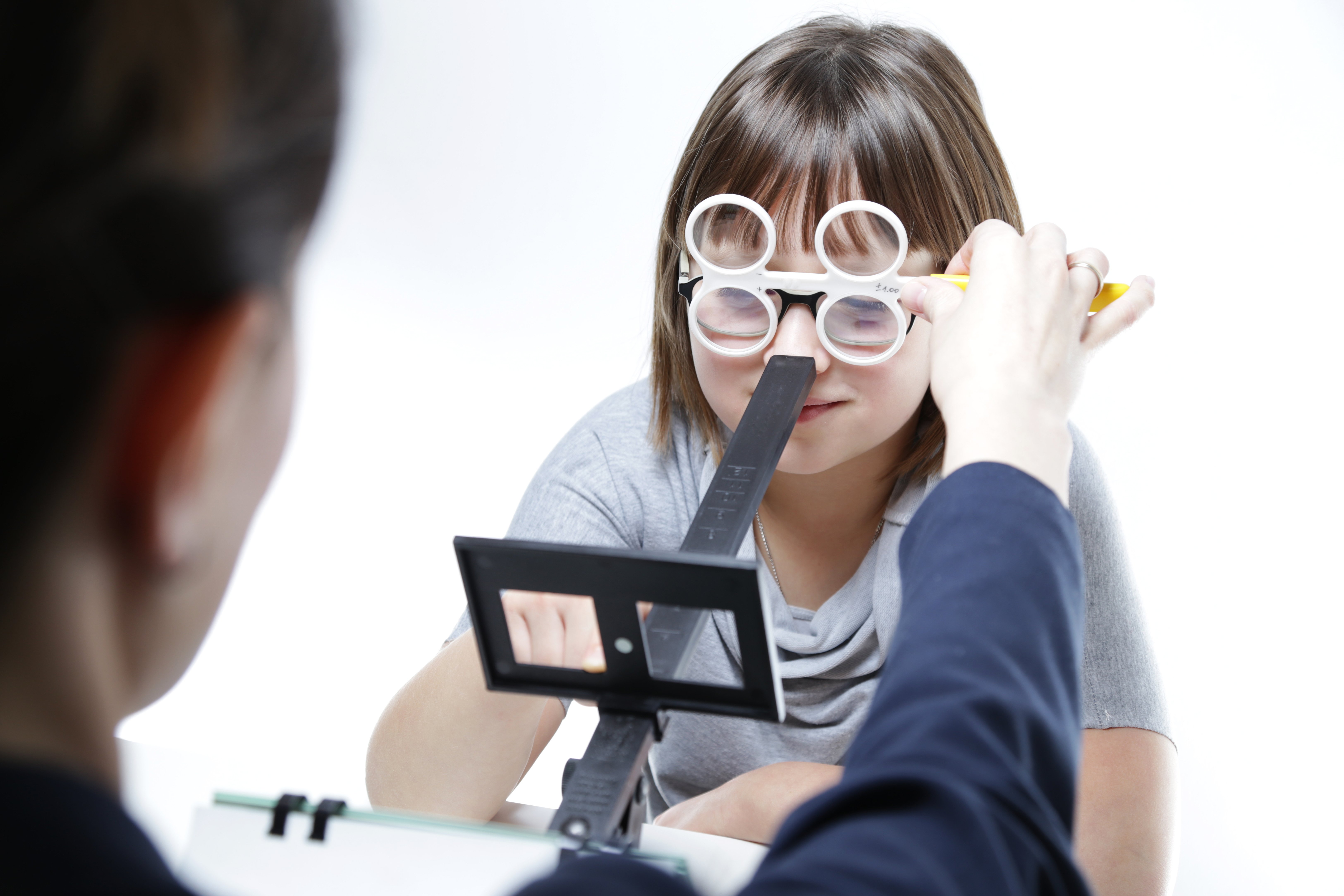
There are visual conditions that eyeglasses and contact lenses cannot adequately resolve. These conditions require therapy since good vision requires your visual pathways and brain to coordinate. When there is no coordination, it affects the processing of information.
Vision therapy at Great Lakes Vision Care helps your visual system to learn or relearn skills that restore coordination. It also improves the processing of information. It can also include the use of eyeglasses and contact lenses.
What Is Vision Therapy?
It is a non-surgical customized program that aims to improve your visual skills and correct specific vision problems. It teaches the system to correct itself, unlike surgery or the use of prescription lenses. It makes learning easy, improves your sight, and enhances your ability to follow moving objects.
Conditions That Benefit From Therapy
Studies show the brain can change its structure and function. It responds to external stimuli, which brings about neurological changes. These neurological changes correct vision problems and improve your visual skills. Visual conditions that can benefit from vision therapy include:
Amblyopia
Amblyopia or lazy eye refers to the failure of one eye to attain the usual visual acuity. It can result from strabismus or other binocular vision problems. Instead of using an eye patch, vision therapy approaches the condition as a two-eye and not a one-eye problem.
It employs the use of special glasses, exercises, and video games. These techniques encourage the weaker eye to work together with the stronger one. It improves visual development, enabling the lazy eye to see clearly. The earlier you receive vision therapy, the better. However, studies report success in patients well past 21 years old.
Strabismus
The success of the therapy for this condition depends on various factors. The specialist will consider the frequency, direction, and magnitude of strabismus. However, vision therapy shows success in treating convergence insufficiency.
The therapy involves using prism lenses and exercises to encourage the eyes to work together. However, the condition may require other treatments to complement vision therapy.
Convergence Insufficiency
It is a condition that affects binocular vision. It causes convergence of the eyes when you need to focus on near objects. However, there is proper alignment when focusing on distant objects. The condition also results from a lack of eye muscle coordination.
Vision therapy employs active and passive treatments for the condition. Active treatment involves vision exercises, while passive treatment involves using prism eyeglasses. A combination of the two shows success in the treatment of convergence insufficiency.
Visual Rehabilitation
You may need visual rehabilitation for several issues that include developmental delays, brain injuries, stroke, or multiple sclerosis. The list is not exhaustive since any neurological disorder can affect your vision. Vision therapy will enhance your brain’s ability to control the following:
Eye movements
Eye alignment
Eye focusing abilities
Eye-tracking and teaming
Visual processing
Conclusion
Vision therapy sessions custom-fit your needs. The specialist will teach you visual exercises you can do at home to enhance your skills. Many conditions can benefit from this therapy. Before opting for surgery, try vision therapy.
For more information on vision therapy, visit Great Lakes Vision Care at our office in Monroe, Michigan. You can call (734) 212-5157 today to schedule an appointment.









